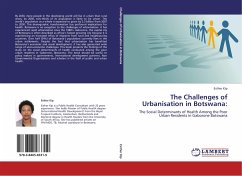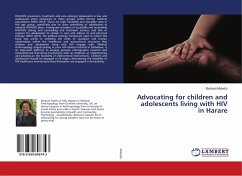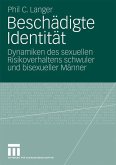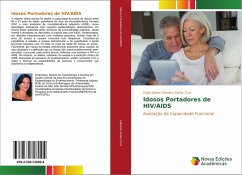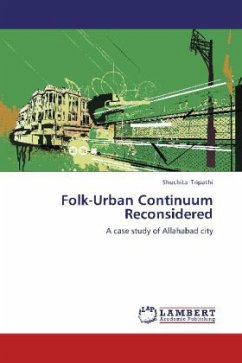By 2030, more people in the developing world will live in urban than rural areas; by 2050, two-thirds of its population is likely to be urban. The world s population as a whole is expected to grow by 2.5 billion from 2007 to 2050. This demographic transformation has profound implications for health. Botswana is no exception to the challenges of urbanization. It has experienced rapid urbanization since the 1980 s. Gaborone, the capital city of Botswana is often described as Africa s fastest growing city because it is experiencing an increased influx of migrants from rural and neighbouring countries. Over half (54%) of Botswana s population currently lives in the urban settlements. Despite the fact that urbanization has benefited Botswana s economic and social development, it has also generated wide range of socio-economic challenges. This book presents the findings of the study on the social determinants of health conducted among the poor urban residents in Gaborone, Botswana. Thebook should be useful to policy makers in governments, International development partners, Non Governmental Organizations and scholars in the field of public and urban health.
Bitte wählen Sie Ihr Anliegen aus.
Rechnungen
Retourenschein anfordern
Bestellstatus
Storno

